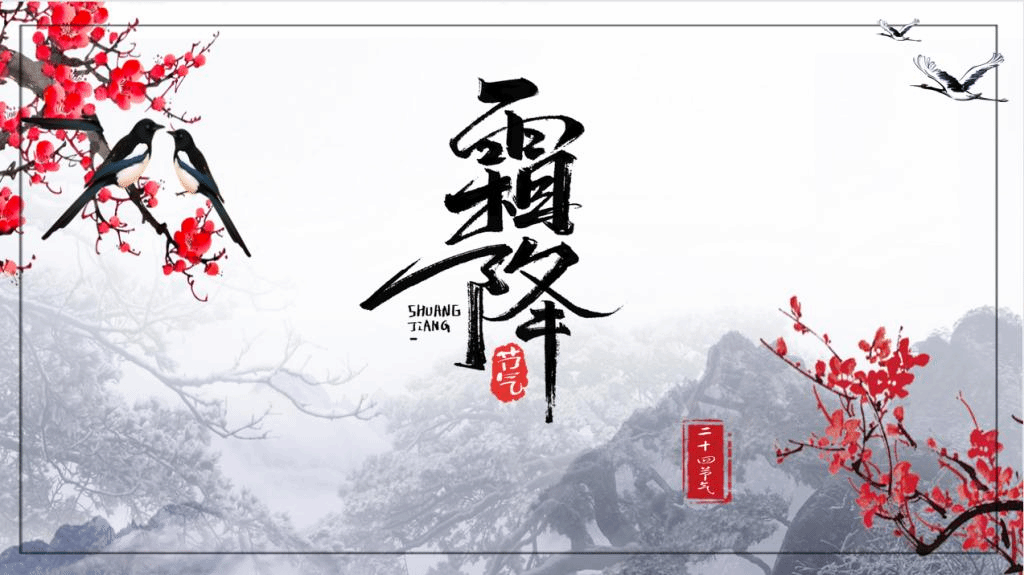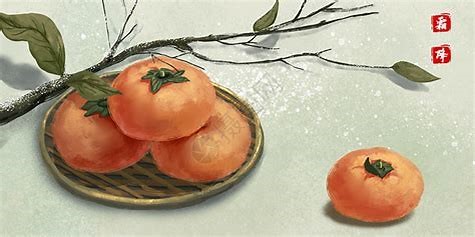Editor's note: The 24 Solar terms are an ancient Chinese calendar used to guide farming. They are the crystallization of the accumulated experience and wisdom of the working people of the Chinese nation. Since ancient China was an agricultural society, people required a strict understanding of the sun’s movement, and farming was conducted entirely according to the sun as well. Therefore, the “24 solar terms”, which reflects the sun’s movement cycle, were added to the calendar as the standard for determining leap months. The 24 solar terms are: Start of Spring, Rain, Awakening of Insects, Spring Equinox, Qingming festival, Grain Rain, Start of Summer, Grain buds, Grain in Ear, Summer Solstice, Minor Heat, Major Heat, Start of Autumn, End of Heat, White Dew, Autumn Equinox, Cold Dew, Frost’s Descent, Start of Winter, Minor Snow, Major Snow, Winter Solstice, Minor Cold and Major Cold. On November 30, 2016, China’s “24 Solar terms” were officially inscribed on UNESCO’s Representative List of intangible Cultural Heritages of Humanity. We have introduced this 24 Solar terms column to bring you a taste of the beauty of traditional Chinese culture.
Frost’s Descent, the 18th solar term of autumn, begins this year on Oct 23 and ends on Nov 6. It is the last solar term of autumn, during which time the weather becomes much colder and frost begins to appear. By the time of Frost’s Descent, most of the harvest work has been already completed in northern China. Even the most cold-resistant crops can no longer grow, and farmers can enjoy a period of rest. However, in southern China, the harvest is still in its heyday and farmers have to work busily for the coming winter.

Frost’s Descent
There are many pieces folklores telling the origin of Frost’s Descent. One is about the founding emperor of the Ming Dynasty Zhu Yuanzhang, who lived a very poor life when he was a child. One year during the Frost’s Descent, he had not eaten for two days and he stumbled to a small village, suddenly finding a persimmon tree growing in a pile of rubble on the edge of the village. Then, he climbed to the tree and ate the persimmons. He finally survived and became the emperor. Eating persimmons became one of the customs of Frost’s Descent.

Eating persimmon
The saying goes: “Frost appears on sunny days with shinny lights.” During Frost’s Descent, the weather is fine, but it is very dry and cold. It is also the peak time for chronic gastritis and coughs and cold. Aged people can sometimes get arthritis. Eating pears, apples, ginkgo, onions and leaf mustard can relief these symptoms. Thus, it’s important to wear enough clothes to keep warm.
Frost’s Descent is in a transitional period between autumn and winter: it manifests people’s joy for a good harvest and hope for the coming winter days. It also provides images for fantastic literary works, for its beautiful meaning has left a deep impression on people’s hearts.

